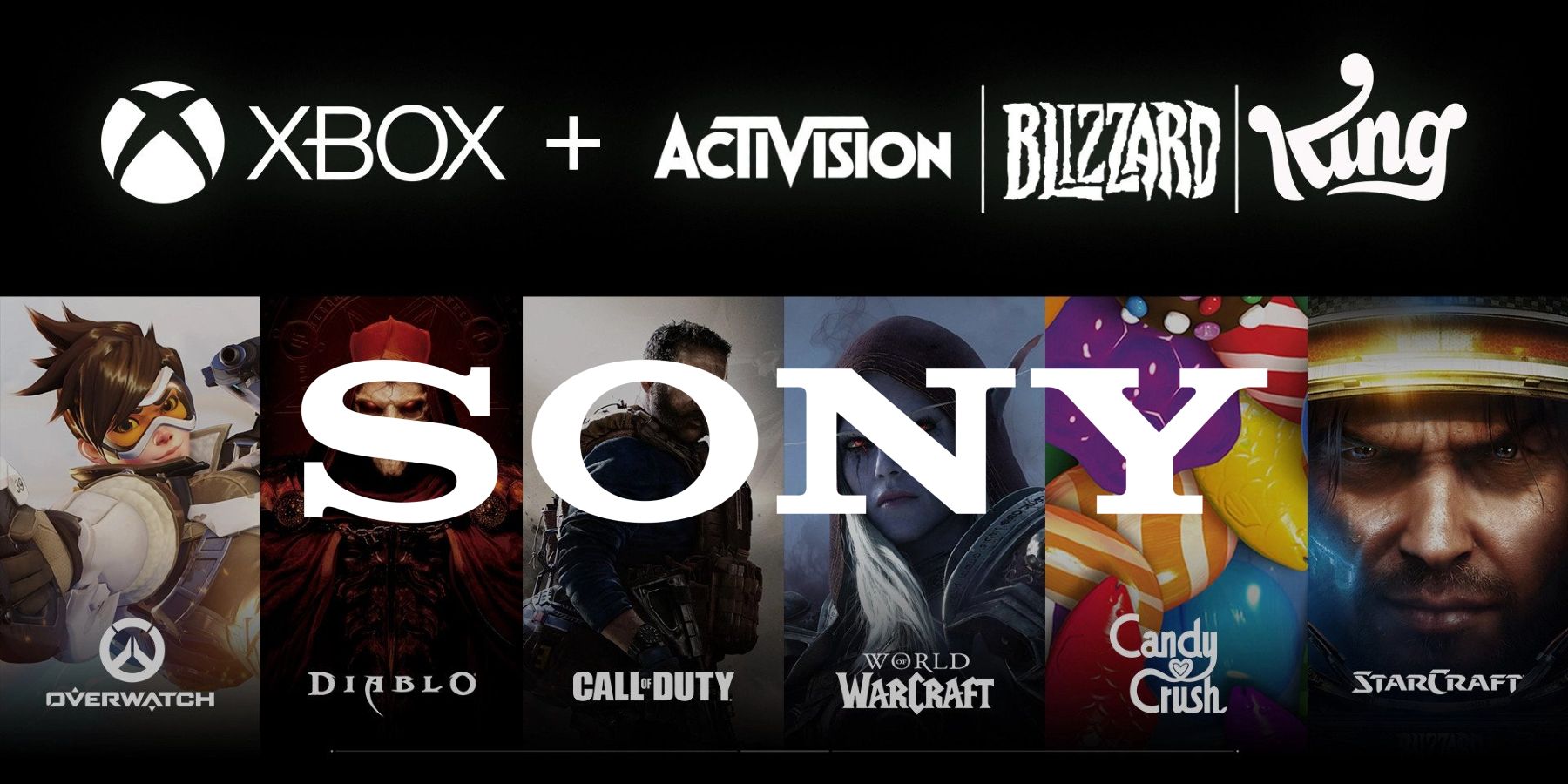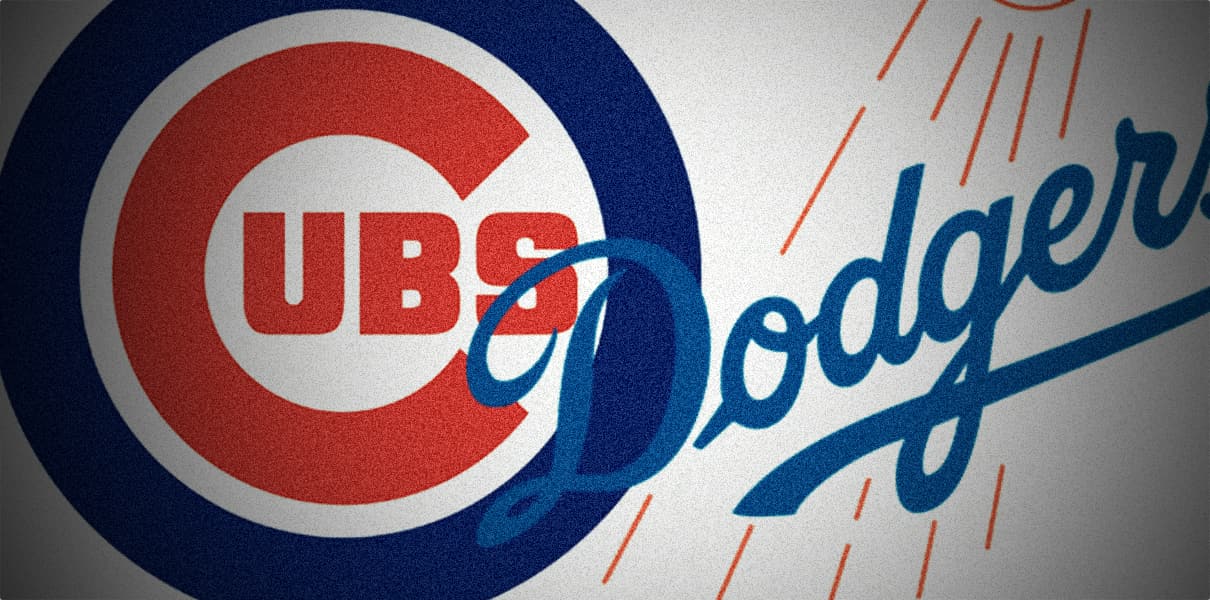Activision Blizzard Acquisition: FTC's Appeal Against Court Decision

Table of Contents
The FTC's Arguments Against the Activision Blizzard Deal
The FTC's core argument centers on preventing what it sees as anti-competitive practices that could harm consumers.
Concerns about Anti-competitive Practices
The FTC expressed deep concern that the Activision Blizzard acquisition would give Microsoft undue market dominance, stifling competition in several key areas.
- Reduced competition in console gaming: The FTC argued that Microsoft, already a major player with its Xbox consoles, gaining control of Activision Blizzard's vast portfolio – including iconic franchises like Call of Duty – would significantly reduce competition in the console gaming market, potentially leading to a monopoly.
- Impact on subscription services (Game Pass): A major concern revolved around the potential for Microsoft to leverage Call of Duty and other Activision Blizzard titles exclusively on its Game Pass subscription service, disadvantaging competitors and harming consumers who rely on diverse game offerings. This raises significant concerns about market dominance and the future of game accessibility.
- Control over key franchises (Call of Duty, Candy Crush):* The FTC highlighted the immense influence Microsoft would gain over lucrative franchises like Call of Duty and Candy Crush, potentially using this power to limit choices for consumers and exclude competitors from accessing these popular titles. This anti-competitive practice could lead to a less diverse and innovative gaming market.
Harm to Consumers
The FTC contends that the acquisition would ultimately harm consumers by:
- Potential price increases for games: Removing a major competitor from the market could lead to higher prices for games, especially for popular titles like Call of Duty.
- Reduced incentives for innovation: With less pressure from competition, Microsoft might have less incentive to innovate and improve its games, potentially leading to stagnation in the gaming market.
- Less choice for gamers: Exclusive deals and the potential removal of Activision Blizzard titles from competing platforms would significantly reduce the choice available to gamers.
Microsoft's Defense of the Activision Blizzard Acquisition
Microsoft countered the FTC's claims with arguments supporting the merger's benefits.
Arguments in Favor of the Merger
Microsoft presented its case emphasizing increased competition and benefits for gamers.
- Arguments for increased competition: Microsoft argued that the acquisition would actually increase competition by expanding the reach of its Game Pass subscription service, offering more choice to consumers.
- Benefits to gamers through Game Pass: The company emphasized the expansion of the Game Pass library, offering a wider variety of games at a more affordable price point.
- Promises to maintain Call of Duty on other platforms: A key element of Microsoft's defense was its pledge to maintain the availability of Call of Duty on competing platforms like PlayStation, addressing the FTC's concerns about Call of Duty availability and reducing the risk of a gaming monopoly.
Impact on the Gaming Ecosystem
Microsoft laid out its vision for integrating Activision Blizzard into its ecosystem:
- Expansion of Game Pass library: The acquisition would significantly expand the already impressive Game Pass library, providing gamers with access to a wider range of titles from both Microsoft and Activision Blizzard studios.
- Potential cross-platform play: Integration could lead to increased cross-platform play, allowing gamers on different consoles to compete and collaborate.
- Benefits for developers: Microsoft highlighted potential benefits for developers, offering them access to a larger audience and improved tools and resources.
The Appeal Process and Potential Outcomes
The FTC's appeal is currently underway, involving a complex legal process with several possible outcomes.
- The appeals court could affirm the original ruling, effectively allowing the acquisition to proceed.
- Conversely, the court could reverse the ruling, blocking the merger and potentially setting a new precedent for future antitrust cases. The appeal process could significantly impact the interpretation of antitrust law and court decision precedents. The legal implications are far-reaching.
Implications for the Future of Gaming Mergers and Acquisitions
This case sets a significant precedent for future mergers and acquisitions in the gaming industry.
- The outcome will influence the regulatory scrutiny of future deals, potentially leading to stricter regulatory oversight.
- The case highlights the evolving landscape of antitrust enforcement in the rapidly consolidating gaming market. The potential outcome will inevitably shift the dynamics of gaming mergers and acquisitions.
Conclusion: The Future of the Activision Blizzard Acquisition Remains Uncertain
The arguments presented by both the FTC and Microsoft highlight the complex issues surrounding this Activision Blizzard acquisition. The FTC's appeal underscores the crucial role of antitrust regulations in maintaining fair competition and protecting consumers. The outcome will significantly shape the future of the gaming industry and set a precedent for future mergers and acquisitions. To stay informed about further developments in the Activision Blizzard merger and the FTC appeal, follow reputable news sources covering technology law and business, such as the Wall Street Journal, Bloomberg, and legal news websites specializing in antitrust cases. The Microsoft-Activision deal remains a pivotal moment in the gaming industry's history, and its resolution will be keenly observed by everyone invested in the future of gaming.

Featured Posts
-
 Ceasefire Between India And Pakistan A Precarious Situation
May 13, 2025
Ceasefire Between India And Pakistan A Precarious Situation
May 13, 2025 -
 Ostapenko Defeats Sabalenka To Claim Stuttgart Open Title
May 13, 2025
Ostapenko Defeats Sabalenka To Claim Stuttgart Open Title
May 13, 2025 -
 Hannover 96 Und Die 2 Liga Warum Die Derby Atmosphaere Fehlt
May 13, 2025
Hannover 96 Und Die 2 Liga Warum Die Derby Atmosphaere Fehlt
May 13, 2025 -
 New Details Emerge Tory Lanezs Alleged Role In Megan Thee Stallion Deposition Interference
May 13, 2025
New Details Emerge Tory Lanezs Alleged Role In Megan Thee Stallion Deposition Interference
May 13, 2025 -
 Cubs Vs Dodgers Game Preview Lineups And Where To Watch 2 05 Ct
May 13, 2025
Cubs Vs Dodgers Game Preview Lineups And Where To Watch 2 05 Ct
May 13, 2025
